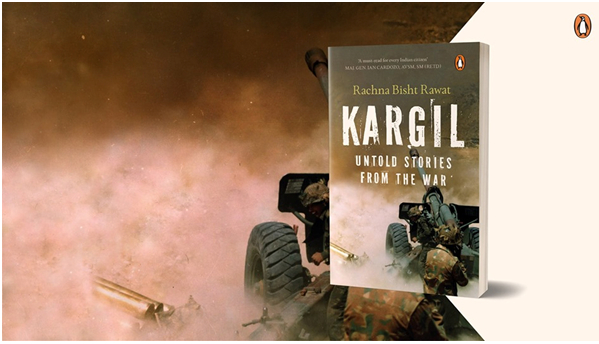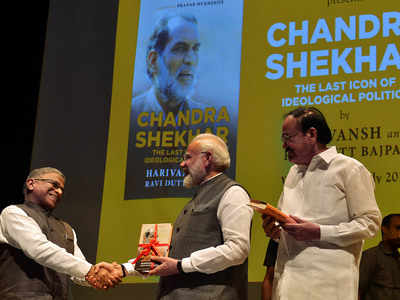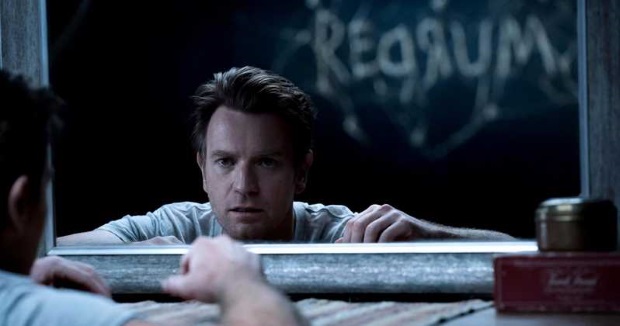Frontlist | Why do video games matter? 20 books every player should read
Frontlist | Why do video games matter? 20 books every player should readon Feb 19, 2021

Why do we play? How do games work? From games philosophy to sci-fi, here are 20 delightful and essential reads for gamers
At this stage in the pandemic, you may have started to question the amount of time you’re spending playing video games. Publishers have reported huge increases in the numbers of players on titles such as Call of Duty Warzone and Fifa 21, while Animal Crossing, launched in the first weeks of last year’s lockdown, has sold more than 30m copies, mostly on its seductive promise to bring friends together for tea parties on cute little islands. Perhaps now, however, you want to spend some time away from games – but without abandoning them. Or maybe you want to find out why Assassin’s Creed Valhalla has such an unassailable grip on your attention. Either way, here are 20 books that tell us more about games, or are likely to be interesting to people who play them a lot. I own and love them all, and they will definitely make you feel better about putting 500 hours into Crusader Kings III. If you enjoy this article, then also take a look at 10 books every gamer should read, which lists the books I have most commonly spotted in game development studios over the last 25 years. Lost in a Good Game – Pete Etchells Part memoir, part history, part treatise on the intrinsic value of games, Pete Etchells’ book, subtitled Why We Play Video Games and What They Can Do for Us, is an emotional and convincing read, with much insight into video game violence and addiction, as well as why we play and what we get out of it. A Game Design Vocabulary – Anna Anthropy and Naomi Clark One of the most accessible books about game design I’ve ever read, this excellent manual gives you an entire framework and language for thinking about how games are constructed. Anthropy is particularly brilliant at dissecting well-known games to show how they function. Gamish – Edward Ross A beautiful and thoughtful graphic novel about the history of games, which looks as much at the culture of the medium as it does at the technical advances. Ross’s previous work Filmish is also well worth a read. Ultimate History of Video Games – Steve Kent There have been lots of straightforward video game histories, but this is the one I refer to most. It’s a little out of date now, but packed with information and anecdotes and very comprehensive. It’s an indispensable primer on the industry up to the early 2000s. A Theory of Fun for Game Design – Raph Koster The first game design book I ever read, A Theory of Fun is an extremely approachable guide, which sets out a series of questions about what games are as well as the problems designers must overcome – all in a chatty writing style, with lots of illustrations. Manga – Nicole Rousmaniere and Matsuba Ryoko Published to accompany the excellent British Museum exhibition in 2019, Manga is a beautiful volume in its own right. It’s packed with information and interviews on the history and culture of Japanese comics, which have been a massive influence on the country’s game developers. Earthsea saga – Ursula K Le Guin Whenever I’ve interviewed developers of fantasy role-playing games, they have referenced this series as much as Lord of the Rings. Le Guin’s tales of magic and adventure conjure an incredible sense of atmosphere and immersion, and reading them now you appreciate just how influential they have been to game-makers, authors and screenwriters. Ten Things Video Games Can Teach Us (About Life, Philosophy and Everything) – Jordan Erica Webber and Dan Griliopoulos Can we learn about dualism, free will and cognition by playing Bioshock or Call of Duty? Yes, according to Dan Griliopoulos and Guardian games contributor Jordan Erica Webber, who take us on a fascinating trip through the philosophical canon, showing how games illustrate key existential questions. Virtual Cities – Konstantinos Dimopoulos Essentially an architectural travelogue of imagined places, Virtual Cities: An Atlas and Exploration of Video Game Cities takes us on a guided tour through some of the most exquisite cityscapes in games history, from the blocky ruins of Ant Attack’s Antescher to the cyberpunk New York of Deus Ex. Dimopoulos is an urban planner and a designer of game worlds, and his insights into the architecture of play spaces will make you appreciate familiar games in whole new ways. Snow Crash – Neal Stephenson I first read Stephenson’s dense, riveting tale of hacking, computer science and Sumerian mythology when I started working on video game magazine Edge in 1995. It chimed perfectly with the dawn of online gaming, internet forums and epic role-playing adventures and is still a fascinating, almost game-like experience today. Men, Women and Chainsaws – Carol Clover This book, subtitled Gender in the Modern Horror Film, about the psychology and gender dynamics of horror entertainment, is focused on movies, but as I’ve referenced it in almost everything I’ve ever written about Resident Evil, Silent Hill and Dead Space, it deserves to be here. A seminal work of pop culture analysis. Masters of Doom – David Kushner Alongside David Sheff’s Game Over (out of print, sadly), this was the must-read book for games journalists in the early 2000s, providing a slick, page-turning account of Doom’s development and the wild, barely functional culture at id Software. Extra Lives: Why Video Games Matter – Tom Bissell Another book that considers the meaning and validity of games as cultural products, Extra Lives is a fascinating collection of essays on key titles such as Bioshock, Mass Effect and Fallout. Bissell is a critic as well as a video game scriptwriter, and his observations are always challenging and informed. The book is best known for his highly personal take on GTA IV, discussed in tandem with the author’s own drug use. Blood, Sweat and Pixels: The Triumphant, Turbulent Stories Behind How Video Games are Made – Jason Schreier Technology journalist Jason Schreier takes us behind the scenes of game development, showing the sheer effort, emotion and often panic that goes into the process. If you’ve ever been frustrated at a developer for repeatedly delaying a launch, or launching a game with bugs, or not updating a game quickly enough, read this book. Long Way to a Small Angry Planet – Becky Chambers Chambers used to write about games before becoming a bestselling sci-fi author, and her novels exude the energy and interpersonal dynamics of great action role-playing adventures such as Mass Effect and Dragon Age. Read everything she writes. Significant Zero: Heroes, Villains, and the Fight for Art and Soul in Video Games – Walt Williams Williams was the writer on the acclaimed “anti-shooter” Spec Ops: The Line and has contributed to games such as Borderlands, Star Wars Battlefront and Mafia. His memoir on working in the industry (including its darker elements – especially crunch) is a compulsive and revealing read. The Game Console – Evan Amos Amos is a talented photographer who is best known for providing rights-free images of consoles and computers to Wikipedia. This book gathers his gorgeous images into a visual history of games, and it’s such a nostalgic treat to pore over. Japansoft: An Oral History – edited by Alex Wiltshire For scholars of the Japanese games industry, this collection of interviews with designers from companies such as Sega, Capcom, Hudson Soft and Enix is a must-read, providing endless insights into the history of the country’s development scene. How Games Move Us – Katherine Isbister Isbister’s short academic study on how video games evoke emotional responses is so interesting and well-written, that I think every player curious about why games make them feel things should read it. She looks at a huge variety of games, revealing how elements such as choice, character animation and social play affect us. If you enjoy this, MIT Press has an amazing range of video game books, and I’d also recommend The Infinite Playground: A Player’s Guide to Imagination by Bernard De Koven. Homo Ludens: A Study of the Play-Element in Culture – Johan Huizinga The classic study on why we play games, their central place in society and how they have evolved through history is just as relevant now as it was on publication in 1938. Along with Men, Women and Chainsaws, this is the book from which I have stolen most of my ideas for features and op-eds. I’m sorry, Johan.
Books on Video Games
Frontlist Book News
Frontlist News
Frontlist Video Games
Gaming News Frontlist
Video Game

.jpg)
.jpg)
.jpg)
.jpg)
.jpg)
.jpg)

.jpg)
.jpg)
.jpg)
.jpg)

.jpg)

.jpg)
.jpg)










Sorry! No comment found for this post.